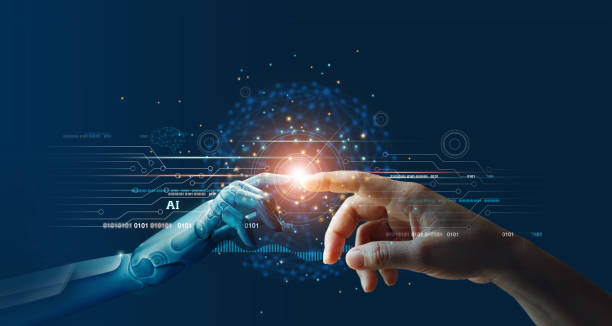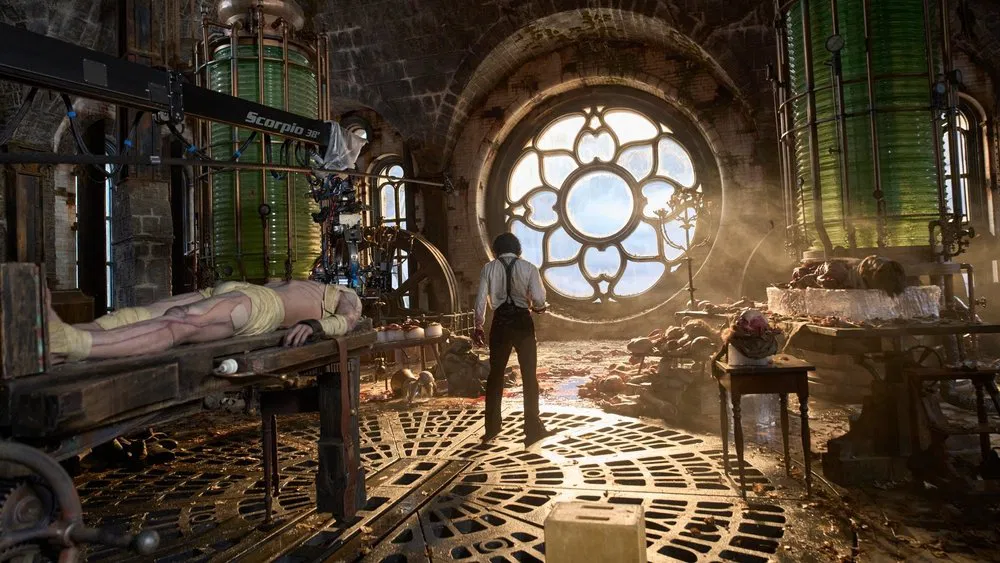
You may not even realise it, but your e-mail and internet search history are examples of artificial intelligence (AI) tracking your activities and proactively offering your options to explore.
By Emile Fakhoury
AI has become so ingrained in our everyday lives that we sometimes don’t even realise it’s there. I don’t believe we have mastered or reached the level of AI, but when this happens, it will be a significant revolutionary shift in our understanding. Whoever controls it will control the world.
Facial recognition, self-driving cars, predicting stock markets, recognising handwriting patterns, assessing medical scans, online banking, and even chess games are examples of automation or digital tools of what we call ‘commercial’ AI. The word seems exaggerated to make it look excellent and impressive.
Drawing on vast data to find patterns, AI can similarly be trained to do things like image recognition at speed – resulting in them being incorporated into facial recognition, for instance. This ability to identify patterns has led to many other applications, such as predicting stock markets.
Again, this is not exceptional or ‘artificial’ intelligence, but it is about processing big data rapidly and accurately and using algorithms built by engineers to produce reliable results.
Today, we see a strong push for AI that is explainable. We want to know how it works and arrives at decisions and outcomes.
The European Union is so concerned by the potential risks that it is advancing a new AI Act to set a global standard for "the development of secure, trustworthy and ethical artificial intelligence".

These new laws will be based on objective (not biased) high-quality data and traceability, transparency, accuracy, and robustness.
Deep learning is very good at ferreting correlations between tons of data points, but when digging deeper into the data and forming abstractions and concepts, they barely scratch the surface.
AI systems can locate objects in images and convert audio to text. Still, our AI systems start to break as soon as they face situations slightly different from the data they’ve been trained on (i.e. accidents made by self-driving cars, not recognising faces or voices not built into their systems).
The AIs we create may never have consciousness, but they can increasingly do intelligent things or routine things faster and more efficiently than humans.
Oxford University’s Future of Humanity Institute published the results of an AI survey titled “When Will AI Exceed Human Performance? Evidence from AI Experts,” which contains estimates from 352 machine learning researchers about AI’s evolution in years to come.
There were lots of optimists in this group:
By 2026, machines will be capable of writing school essays,
by 2027, self-driving trucks will render drivers unnecessary,
by 2031, AI will outperform humans in the business and industrial sectors,
by 2050, AI will help cure cancers and many other diseases,
by 2100, all human jobs will be automated.
Artificial intelligence systems are designed with the human brain as their reference. Since we don’t know our brains, it is hard to model it.
However, the creation of algorithms that can replicate the complex computational abilities of the human brain is theoretically possible
We are still far from achieving artificial general intelligence, but the development of AI will trigger a series of events and irreversible changes that will reshape the world.






Interesting Article, well written keep it up
Thank you Mireille !